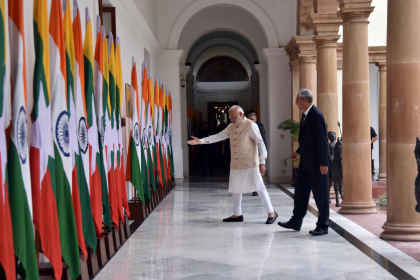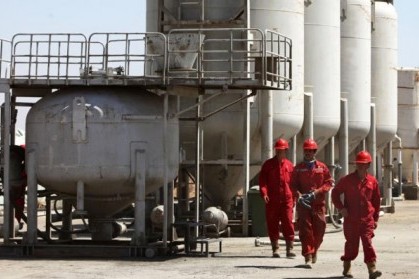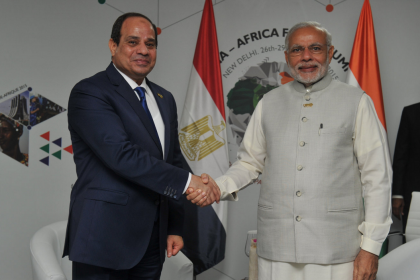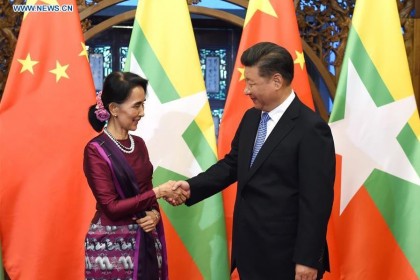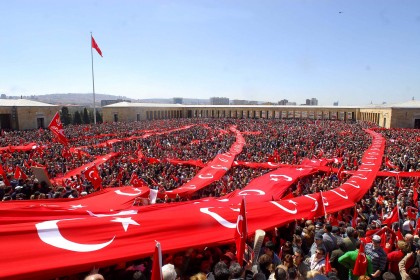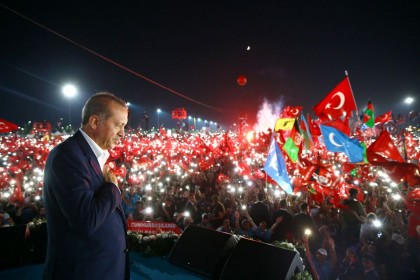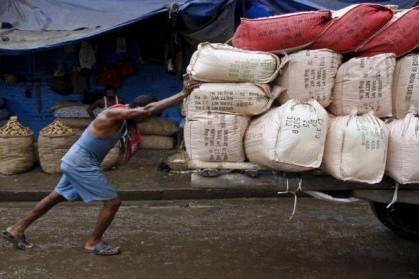Hong Kong’s divided political landscape
The unanticipated success of "radical" candidates in Hong Kong's Legislative Council election, including student activists central to the "umbrella revolution" of two years ago, has shaken the territory's pro-Chinese establishment and seized ground from more moderate pro-democracy voices. More fractious politics look set to continue in the immediate future.



